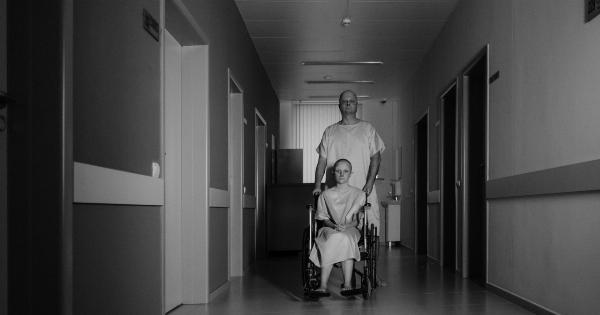Celiac disease is an autoimmune disorder that affects the small intestine, causing inflammation and damage to the lining of the gut.
This damage can lead to malabsorption of nutrients, including vitamins, which can be essential for overall health and wellbeing. In this article, we will explore the vitamin absorption issues that can arise for people with celiac disease, and how these issues can be managed to promote good health.
What is Celiac Disease?
Celiac disease is a chronic autoimmune disorder where consuming gluten (a protein found in wheat, rye, and barley) triggers an immune response that damages the lining of the small intestine.
Common symptoms of celiac disease include:.
- Diarrhea
- Weight loss
- Abdominal pain
- Bloating and gas
- Fatigue
- Anemia
- Joint pain
- Depression and anxiety
The symptoms of celiac disease can vary widely between individuals. Some people may experience severe symptoms, while others may have only mild or no symptoms at all.
Vitamin Absorption Issues in Celiac Disease Patients
One of the most significant challenges for people with celiac disease is that it can interfere with the absorption of vitamins and minerals, which can lead to nutritional deficiencies.
The damage done to the small intestine can prevent the body from absorbing nutrients from food, which can result in malnutrition, even if one is eating a healthy and balanced diet.
The most common vitamin deficiencies seen in people with celiac disease are:.
- Vitamin D
- Vitamin B12
- Folate
- Iron
Let’s discuss each of these vitamins in detail:.
Vitamin D
Vitamin D is an essential nutrient that helps the body absorb calcium, maintain bone health, and support immune function. Vitamin D deficiency can cause a range of health issues, including muscle weakness, bone pain, and an increased risk of fractures.
For people with celiac disease, vitamin D deficiency is more common since the damaged intestine cannot absorb sufficient amounts of the vitamin.
Vitamin D supplements, a healthy diet containing foods such as egg yolks, oily fish, and fortified dairy products can help alleviate deficiency.
Vitamin B12
Vitamin B12 helps with brain function, the production of red blood cells, and generating energy. It is found in animal products such as meat, fish, and dairy.
Since celiac disease patients tend to avoid many of these foods, nutritional deficiencies are common. Supplementing with vitamin B12 or consuming foods fortified with it can help correct this.
Folate
Folate is crucial for forming DNA in the body and as such, is essential for cell growth and function. Folate deficiency can result in anemia, fatigue, and other health problems. Foods rich in folate include leafy greens, beans, lentils, and citrus fruits.
With celiac disease, the damaged small intestine cannot absorb folate efficiently, leading to deficiency. Supplementation and consuming folate-rich foods can help alleviate this problem.
Iron
Iron is essential for making red blood cells and carries oxygen around the body. Iron deficiency can cause anemia, fatigue, and other health problems. Consuming iron-rich foods such as beef, chicken, and leafy greens is essential.
However, celiac disease patients often have difficulty absorbing iron in their diet resulting in iron-deficiency anemia. Supplementation can help alleviate this if needed.
Managing Vitamin Deficiencies in Celiac Disease Patients
The best way to manage vitamin deficiencies in celiac disease patients is to work with a healthcare professional or registered dietitian who can help develop a personalized plan to ensure they get adequate vitamins and minerals.
Here are some dietary practices to follow for managing vitamin deficiencies:.
- Eat a diet rich in fruits, vegetables, and whole grains.
- Include protein sources such as nuts, seeds, legumes, and lean meats
- Choose gluten-free grains such as rice, quinoa, and oats when selecting processed foods
- Supplement to prevent or treat a deficiency with the right amount of vitamins and minerals; overdosing may not be safe or helpful
It is also worth discussing with a healthcare professional whether tests or ongoing monitoring can be performed, including blood tests, to check for nutrient deficiencies or the effectiveness of a diet or supplement improvements.
Conclusion
Vitamin deficiencies are a common issue affecting people with celiac disease due to their bodies not absorbing nutrients in the same way as people without this disease.
Vitamin D, vitamin B12, folate, and iron are some of the most common deficiencies seen in celiac disease patients. To manage this issue, it is essential to consult with a healthcare professional or registered dietitian with expertise in celiac disease management to create a personalized plan for meeting one’s nutritional needs.
This includes following a healthy, balanced diet, incorporating a variety of foods rich in nutrients, and considering supplementation when necessary.































